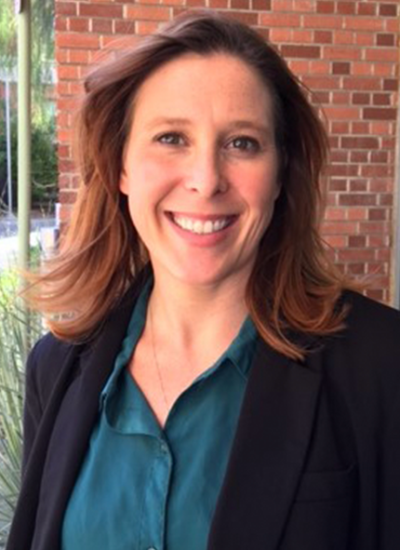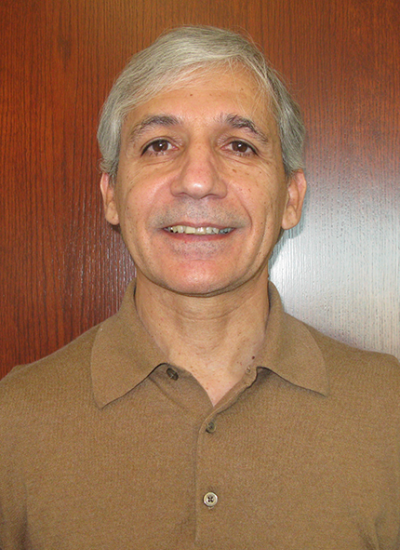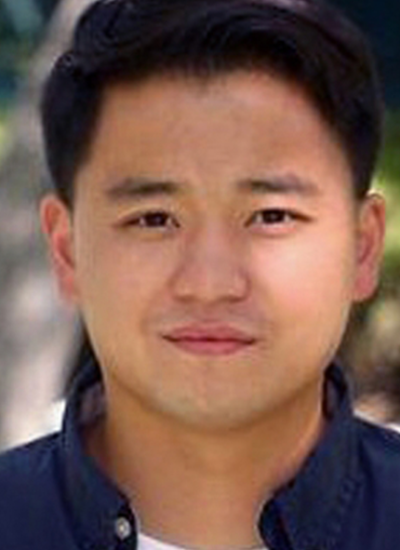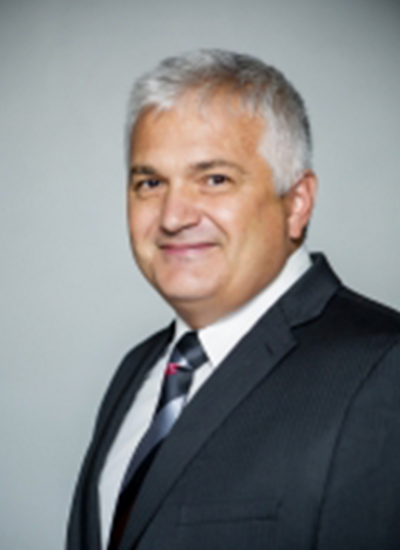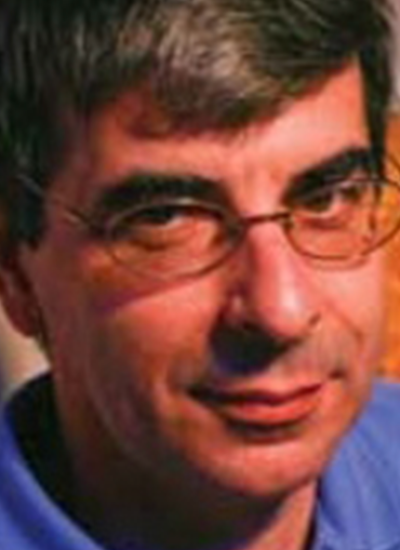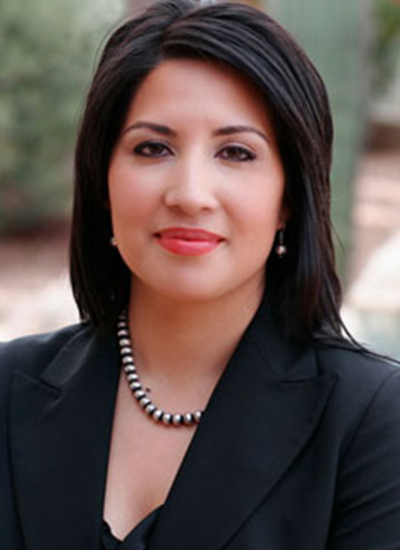Materials science
Associate Professor, Chemical and Environmental Engineering
Associate Professor, Chemistry and Biochemistry
Associate Professor, Materials Science and Engineering
Co-Director, Institute for Energy Solutions
Associate Professor, BIO5 Institute
Primary Department
Department Affiliations
Contact
(520) 626-5567
Yitshak Zohar
Professor, Aerospace-Mechanical Engineering
Professor, Biomedical Engineering
Professor, BIO5 Institute
Member of the General Faculty
Member of the Graduate Faculty
Primary Department
Department Affiliations
Contact
(520) 626-8093
Research Interest
Josef Vagner
Research Professor
Director, Ligand Discovery Laboratory
Research Associate Professor, Pharmacology
Member of the General Faculty
Member of the Graduate Faculty
Primary Department
Department Affiliations
Contact
(520) 626-4179
Research Interest
Jeffrey Pyun
Professor, Chemistry and Biochemistry-Sci
Professor, Optical Sciences
Professor, BIO5 Institute
Member of the General Faculty
Member of the Graduate Faculty
Primary Department
Department Affiliations
Contact
(520) 626-1834
Research Interest
Douglas A Loy
Professor, Materials Science and Engineering
Professor, Chemistry and Biochemistry
Professor, James E Rogers College of Law
Professor, BIO5 Institute
Primary Department
Department Affiliations
Contact
(520) 609-6021
Work Summary
Developing safer, more stable sunscreens
Research Interest
Eniko T Enikov
Professor, Aerospace-Mechanical Engineering
Associate Professor, BIO5 Institute
Primary Department
Department Affiliations
Contact
(520) 621-4506
Work Summary
Dr. Enikov's area of expertise is the design of micro-actuators, MEMS devices, and sensors. Ongoing projects include the production of Inflatable Drug-Delivery Stents through the process of Dynamic Stabilization of Electro-Spinning. The research will examine theoretically the feasibility of trapping charged fibers and will establish the required trapping parameters.
Research Interest
Pierre A Deymier
Department Head, Materials Science and Engineering
Professor, Materials Science and Engineering
Professor, Applied Mathematics - GIDP
Professor, BIO5 Institute
Primary Department
Department Affiliations
Contact
(520) 621-6080
Research Interest
Erica L Corral
Associate Professor, Materials Science and Engineering
Associate Professor, Aerospace-Mechanical Engineering
Distinguished Scholar, Materials Science and Engineering
Member of the Graduate Faculty
Associate Professor, BIO5 Institute
Primary Department
Department Affiliations
Contact
(520) 621-0934


